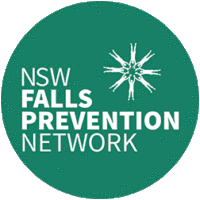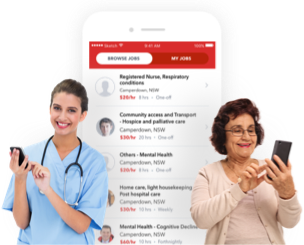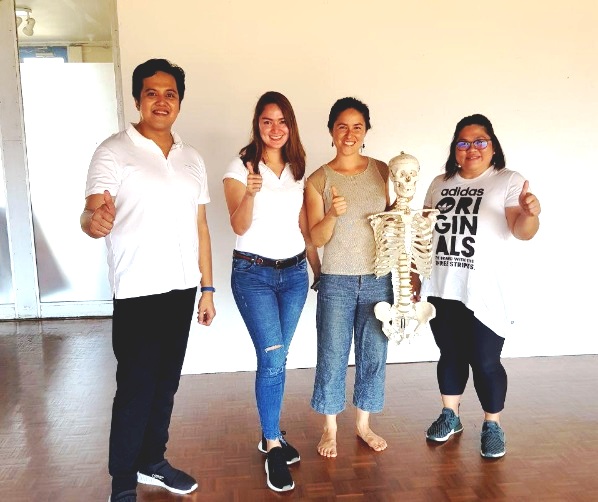April Falls 2019: Some quick facts and tips for falls prevention

It’s April, and once again, time for Falls Prevention month or “April Falls”. And since we at Kalinga work very closely with elderly adults, who are most prone to falls, we’d like to help spread the word about the dangers and implications of falling, as well as invite seniors and health care workers alike to some April Falls events hosted by the NSW Falls Prevention Network.
First, a few quick facts about falls, slips, and trips:
- Annually, 1 in 3 Australians aged 65 or older will fall or slip
- There are over 400 identified risk factors for falling, including poor vision, reduced muscle strength, poor reaction times, certain combinations of medications, and more.
- More people have been hospitalised due to falls compared to motor vehicle accidents.
- Falls risk screening tools and assessments have been developed to establish whether an individual is prone to falling.
- Similarly, risk factors may also be screened at the community or workplace level, following the standards set by codes such as Queensland’s Managing the Risks of Falls at Workplaces Code of Practice 2011, among others.
The basic truth is that slips and falls are more prevalent among the elderly due to how our bodies and physical abilities (balance, endurance, reflexes, and more) change as we age. And unfortunately, falls can have a very big impact on our lives because a bad one can lead to severe injuries, lasting mobility issues, and reduced independence, among others.
The good news is, falls aren’t a natural or preordained factor of growing older – they can be prevented!
Keeping a healthy and active lifestyle through a proper, nutritious diet, regular check-ups, and daily exercise can make you stronger and maintain your flexibility and balance. Also, arranging or organising your house so that you can move around more easily, or don’t have to reach up high to get items you commonly use (and if you do need something from high shelves, use a reacher!) may also prevent the likeliness of falling.

Of course, this is just us skimming off the top, to actually learn more about falls and how to prevent them, then we recommend taking part in the NSW Falls Prevention Network’s April Falls 2019 events. Themed “Frailty and Falls,” the annual event features 2 webinars as seen below:
- 3rd April 2-3 pm (AEDT) – Prof. Anne-Marie hill will be speaking on the importance of mobilising frail older people in the hospital to prevent further deconditioning. (Register here.)
- 10th April 2-3 pm (AEDT) – Prof. Susan Kurrle’s webinar will be on recognising the signs of fraily and deciding what to do about them. (Register here.)
Or you may also read through the April falls Day resources provided by the NSW government’s Clinical Excellence Commission here, which includes posters with images that clearly illustrate the signs of frailty (perfect for use in clinics, assisted-living facilities, and community centers.).
We hope you do take the time to learn about falls and how to prevent them so you and your loved ones (or patients) can avoid injuries and other negative effects relating to falls. Keep safe!





 Lessons from the NSW Government’s “April Falls Day” 2018
Lessons from the NSW Government’s “April Falls Day” 2018
 Come down to the 2019 NSW Seniors Festival!
Come down to the 2019 NSW Seniors Festival!
 Kalinga at Shona Lee’s Feldenkrais Method Walking Well Session
Kalinga at Shona Lee’s Feldenkrais Method Walking Well Session